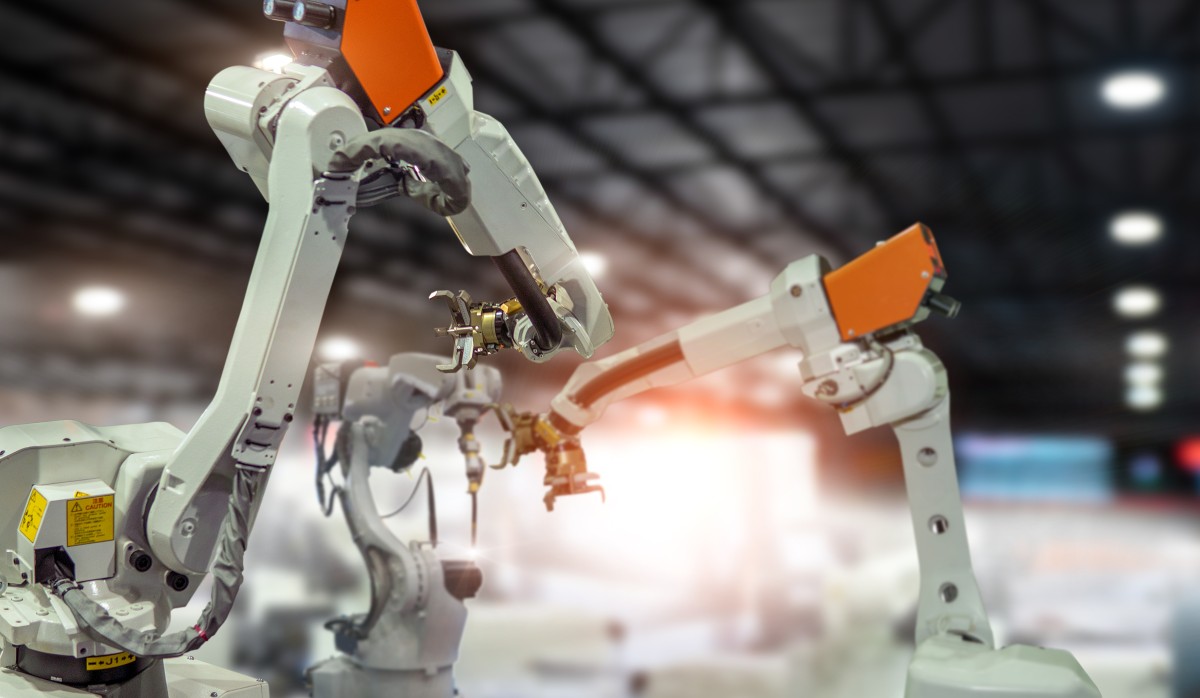October 7, 2020 | Automated Factory Systems, Robotics & Automation
Manufacturing Automation and the COVID-19 Recession

The COVID-19 crisis has affected every industry, and manufacturing is no exception. As social distancing and mandated closures have sent the economy reeling, manufacturers have had to adapt to disruptions in supply chains, inventory shortages, and limited availability of employees.
Falling demand for items such as oil and computer products has led to a drop in productivity unseen since the recession in 2009. The decline in factory productivity and employment is a result of lack of demand, social distancing practices, closures of businesses deemed non-essential, and the stay at home orders for thousands of Americans.
Despite these setbacks, American manufacturing is finding ways to evolve and survive in the post-COVID19 world. Fundamental changes may be in store for the current status quo of manufacturing. For manufacturing to adapt and survive in the aftermath of COVID-19, manufacturing automation may be one of the key assets.
What Is Automation And What Does It Mean For The Future Of Manufacturing?
Manufacturing automation encompasses a wide variety of innovative technologies that are revolutionizing the way products are manufactured, such as hard tooling, dedicated machinery, industrial robots, artificial intelligence, and sensory technologies. With robotics, computer vision systems, online sensors, and other automated processing systems, key manufacturing components are automatically connected - from the raw materials to processing, packaging, distribution, and delivery to customers on time.
As these innovative technologies continue to advance and make manufacturing more efficient and safer for employees, more and more manufacturers realize the future role of automation and robotics in the industry. In fact, a 2018 PwC report found that almost 60% of manufacturers already use some form of manufacturing automation.
Additionally, in a research report by the Association of Packaging and Processing Technologies, manufacturers said they expected to increase capital equipment spending to improve automation over the next two years.
The resources are out there for manufacturers to take advantage of as well. Nearly 90% of all modern robotics are found in factories and engineered to make production more efficient than any manual labor. Additionally, manufacturing automation can be put to work 24/7 without the need for rest or interruptions or even the lights to be on. Factories can reduce their overall energy usage just by employing robotics.
Besides increasing efficiency, robotics are able to perform tasks that would otherwise put employees at risk. These technologies can continuously produce highly precise and repeatable movements without strain or injury. And while human employees in factories may unwittingly be exposed to caustic cleaning chemicals or ingredients and preparation tools that can cause foodborne illnesses, robotics are usually resistant to bacterial growth and corrosion.
COVID-19 brought to light how much manufacturing automation is essential to the modern industry. With social distancing measures, some manufactures are having to restructure their operation to rely more on robotics. However, there is a possibility that this fundamental shift in operations is permanent or at least long-term. Manufacturing automation can be used as a strategy to prevent contagion transmission between employees and can reduce multiple risks over time.
How are Manufacturers Preparing for the Next Recession?
Although manufacturing output was higher than it was two decades ago and 2020 began the 11th year of the longest bull market ever, a recession was not unlikely even before the COVID-19 crisis. A survey by BDO in 2019 reported that 20% of manufacturing CFOs predicted a recession in 2020 and took steps to prepare in case of a slowdown.
More than half worked to increase production efficiency to guard against a potential recession and 42% of manufacturers closely monitored the financial health of their suppliers to gauge the strength of their supply chains. Others increased digitization and manufacturing automation to increase efficiency.
Now in the midst of the COVID-19 recession, the emphasis on industrial automation cannot be ignored. In such a volatile and evolving job market, automation can provide security for manufacturers by protecting employees, increasing productivity, and managing supply chain metrics.
Can Manufacturing Jobs Be Saved By Implementing Automation?
Embracing automation can benefit companies during this manufacturing downturn, and in the future no matter what the economic climate. Innovative technologies and robotics can provide new growth opportunities for small to medium-sized manufacturers. Tasks can be completed with unprecedented speed and precision, while digital tools can increase real-time visibility into the production cycle so performance can be easily monitored.
Manufacturing automation is here to stay, but it’s here to help as well. Embracing these technologies does not entail cutting out jobs. More than 70% of Americans are afraid that robotics will be taking over their jobs, and the COVID-19 recession may only enhance the fears that jobs will be lost to automation as businesses restructure during this recession. However, qualified employees will still be needed to maintain and operate machines. Robotics are not necessarily job takers but are here to protect employees from tasks that could do harm.
The future of automation in manufacturing should be embraced, not feared in this unstable time. Automation technologies make manufacturing floors safer, more efficient, and help American companies compete in the global market. Instead of taking American jobs, automation is likely to be essential for struggling businesses in the future climate.
About the Author
Gregg Profozich
Gregg Profozich is a manufacturing, operations and technology executive who believes that manufacturing is the key creator of wealth in the economy and that a strong manufacturing sector is critical to our nation’s prosperity and security now, and for future generations. Across his 20-year plus career in manufacturing, operations and technology consulting, Mr. Profozich helped manufacturing companies from the Fortune 500 to the small, independents significantly improve their productivity and competitiveness.


Leave a Comment